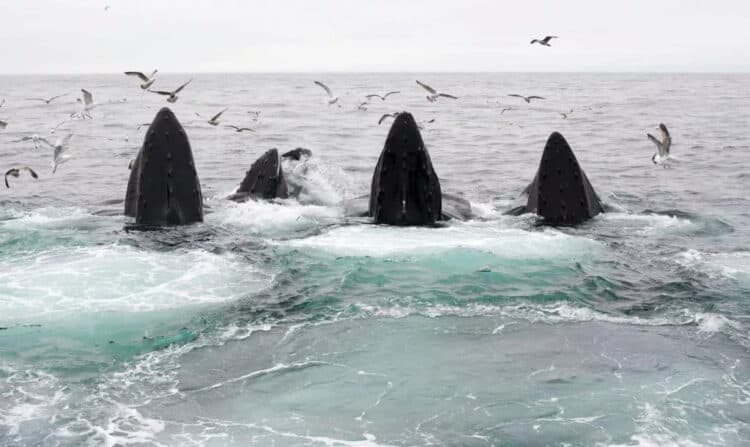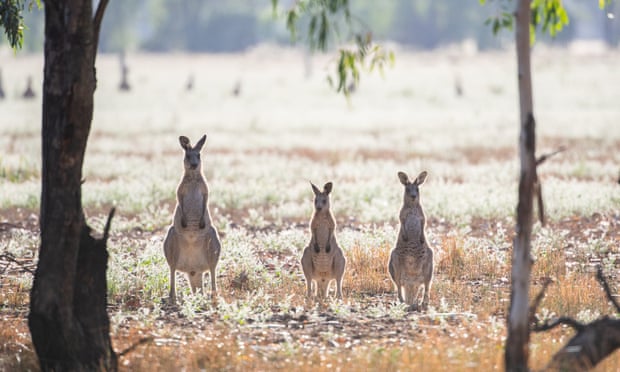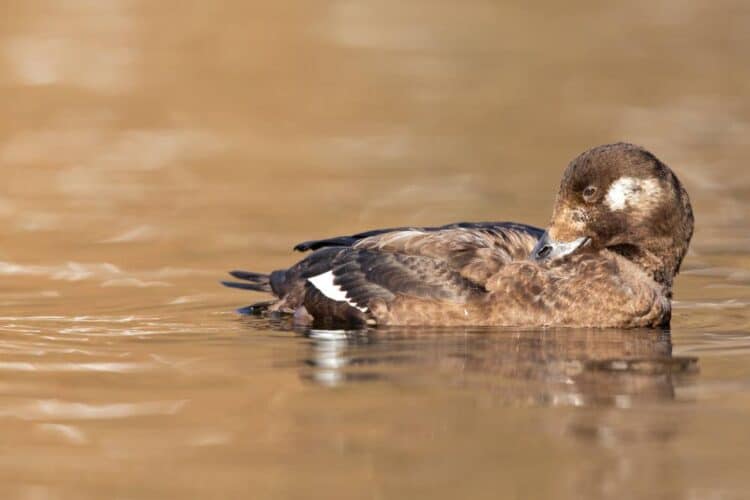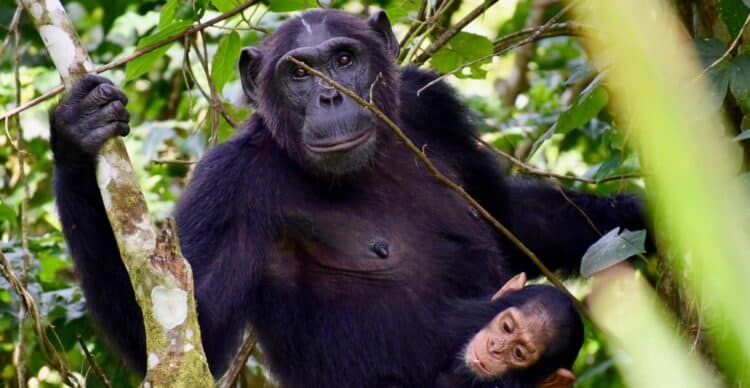The world’s most widely used insecticides harm the ability of bees to vibrate flowers and shake out the pollen to fertilise crops, according to preliminary results from a new study.
Some flowers, such as those of crops like tomatoes and potatoes, must be shaken to release pollen and bumblebees are particularly good at creating the buzz needed to do this. But the research shows that bumblebees exposed to realistic levels of a neonicotinoid pesticide fail to learn how to create the greatest buzz and collect less pollen as a result.
The research is consistent with previous work that has shown neonicotinoid pesticides reduce learning and memory in bees. A moratorium on the use of three neonicotinoids on flowering crops was put in place in Europe in 2013 and will be reviewed next year.
In many flowers, bees collect pollen by simply brushing it off the anthers (the part of the stamen that contains the pollen), but other flowers require more work.
“So bees produce a vibration – or buzz – to shake pollen out of these anthers like a pepper pot,” said Penelope Whitehorn of the University of Stirling in Scotland, who led the study. “The bee lands on a flower, curls her body around the anther and grips the base with her mandibles. She then rapidly contracts the flight muscles to produce the vibration, without beating her wings.”
The researchers took two colonies of bumblebees in a laboratory setting and split the bees in each into three groups. One control group was not exposed to the neonicotinoid thiamethoxam, but the other two groups were fed solutions containing two parts per billion or 10ppb of the pesticide, doses similar to those found in crop fields.
After each visit to the buffalo-bur flowers used in the experiment, the bees in the control group learned how to buzz more pollen out of the anthers. But those in the 10ppb group did not improve at all.
Whitehorn will present the preliminary results at the British Ecological Society’s annual meeting on Tuesday and said they were “striking” and statistically significant, and would be submitted to a scientific journal next year.
“The implication is the bees take less pollen back to the colonies and the colonies will be less successful, meaning there may be fewer pollinators overall,” she said.
The study adds to a large body of evidence from lab- and field-based studies that neonicotinoids reduce learning and memory in bees, impair their communication, foraging efficiency and immune systems and, crucially, reduce their reproductive success as well as the pollination services that they can provide, Whitehorn said.
“These chemicals do have serious implications for wild bee populations in agricultural landscapes but some, notably from the agrochemical industry, still promote their use,” she warned.
A spokesman for Syngenta, which manufactures thiamethoxam, said: “Crop-measured pollen and nectar residues from thiamethoxam seed-treated oilseed rape is typically less than 3ppb. In all our thiamethoxam seed-treated oilseed rape field studies we have never recorded a pollen or nectar residue as high as 10ppb.”
There is strong evidence that neonicotinoids harm individual bees but only a little evidence to date that this harms colonies. Bees and other pollinators fertilise about three-quarters of the world’s food crops and have seen widespread declines due to habitat loss, disease and pesticide use.
This article was first published by The Guardian on 13 Dec 2016. Lead image: A bumblebee in flight towards the purple flower of bittersweet nightshade. Photograph: Andi Edwards/Alamy.
We invite you to share your opinion whether neonicotinoid pesticides should be banned to save our bees? Please vote and leave your comments at the bottom of this page:
Thank you for voting.







Leave a Reply